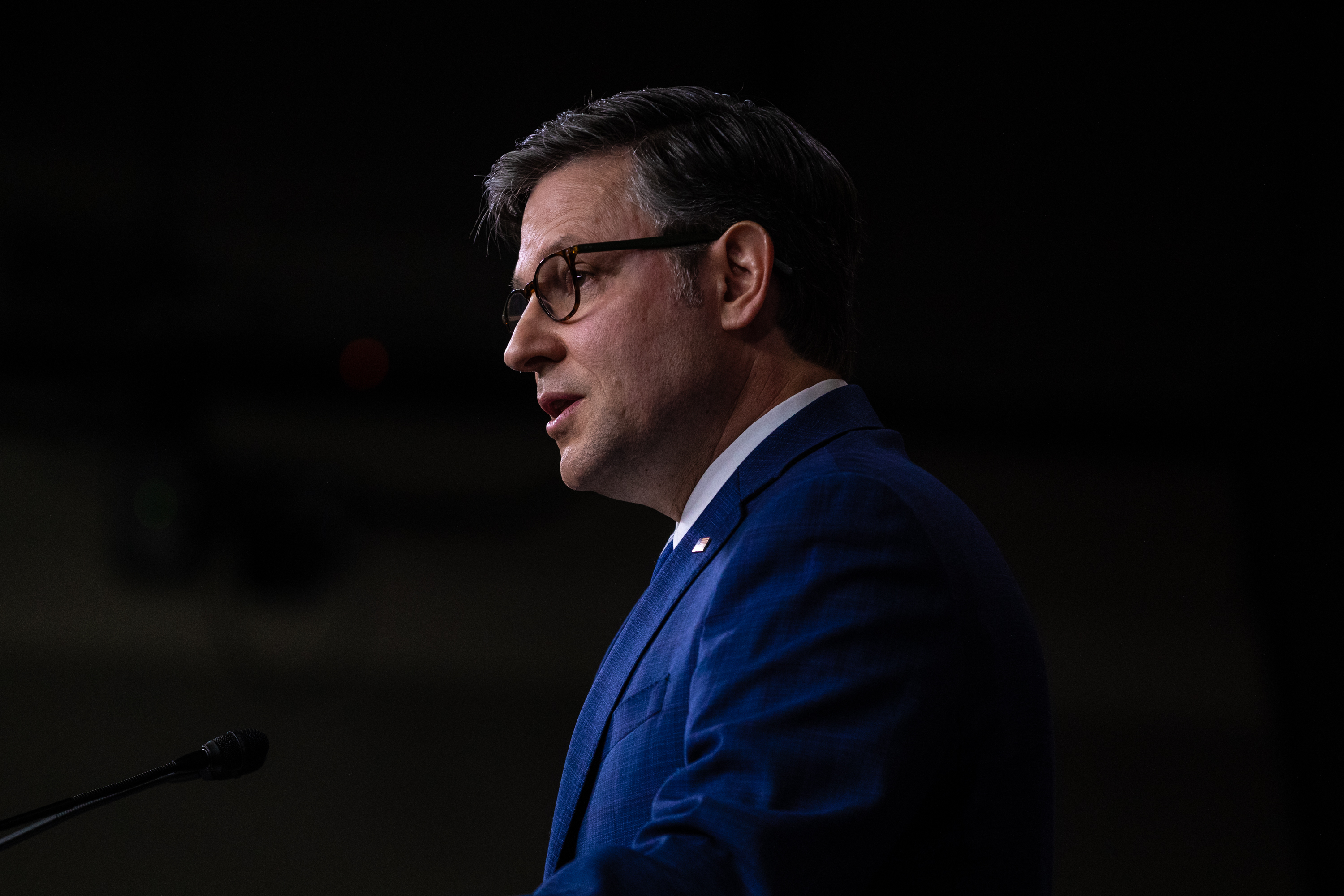House Speaker Mike Johnson is facing some resistance within his party regarding a proposal that could lead to a government shutdown due to strict proof of citizenship requirements for voter registration.
During a recent private call, Johnson proposed attaching the Safeguard American Voter Eligibility (SAVE) Act—a Republican voter ID bill—to a stopgap government spending bill ahead of a potential shutdown on October 1, as reported by Politico.
Some GOP members expressed worries that linking the SAVE Act could result in a government shutdown if the Democratic-controlled Senate refuses to pass it, which could hurt vulnerable Republicans in the upcoming November elections.
Public dissent has come from at least two Republicans who are not facing electoral threats: Kentucky Congressman Thomas Massie and Montana Congressman Matt Rosendale. Massie stated he would vote against any spending bill that includes the SAVE Act and criticized the proposal as “crap” in an interview.

Anna Rose Layden
In a video shared on X (formerly Twitter), Rosendale labeled Johnson’s proposal a “disingenuous and dishonest messaging bill,” arguing it would neither advance nor help reduce the deficit. He emphasized that the SAVE Act and the stopgap funding bill would not pass together.
Despite opposition from some quarters, the hard-right Freedom Caucus supports the proposal, though it’s likely that the Senate will reject any funding bill that includes it. President Biden has also promised to veto it if it reaches his desk.
The SAVE Act previously passed in the House in June, garnering the support of only five Democrats alongside 216 Republicans. It quickly fell off the Senate’s agenda, under the oversight of Senate Majority Leader Chuck Schumer.
Schumer indicated he would resist incorporating the SAVE Act into appropriations, insisting that a bipartisan approach is essential for legislative success.
Sponsored by Congressman Chip Roy, the SAVE Act aims to address concerns about undocumented individuals having opportunities to register to vote illegally. It would mandate that anyone registering to vote in federal elections provide identification such as a passport or government-issued photo ID showing U.S. birth.
Critics argue that the bill unnecessarily complicates the voter registration process and could suppress votes, a concern heightened by evidence showing that illegal voting is virtually nonexistent. A study by the Brennan Center for Justice in 2017 found only 30 suspected incidents of noncitizen voting among 23.5 million votes—approximately 0.0001 percent.
